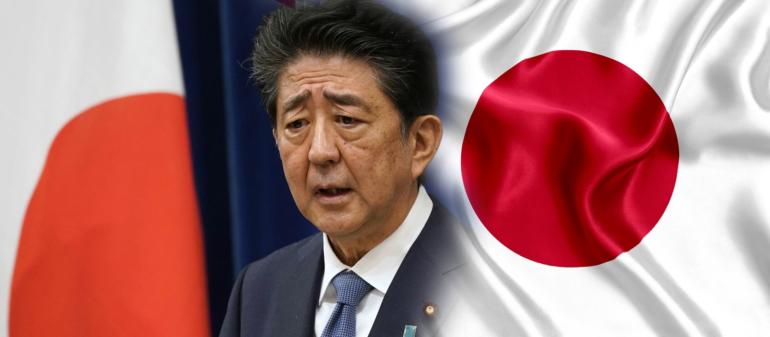Japan’s Prime Minister, Shinzo Abe, announced last Friday that he is stepping down after leading his country for almost eight years.
Abe, who is 65 years old, says he is resigning because of ill health. He will remain in office until a successor is named. Japan’s longest-serving prime minister says he wants to ensure a new leader can focus fully on the coronavirus epidemic and other major challenges.
To discuss:
- Shihoko Goto is Senior Assoc., for Northeast Asia, Asia Program, Wilson Center
- Einar Tangen is a current affairs commentator.
- Harlan Ullman is Chairman of the Killowen Group and senior adviser with the Atlantic Council.
- Sourabh Gupta is a Senior Asia-Pacific international relations policy specialist at the Institute for China-America Studies.
For More:
Shinzo Abe: Revisionist nationalist or pragmatic realist? https://t.co/nD4xwEXjMu
— BBC News (World) (@BBCWorld) August 28, 2020
Prime Minister Shinzo Abe, Japan’s longest-serving premier, announced his resignation because of poor health, ending a stint at the helm of the world’s third-biggest economy in which he sought to revive growth and bolster its defenses https://t.co/7Vwwpl3TTq
— Reuters (@Reuters) August 28, 2020
Shinzo Abe resigns as Japanese prime minister due to ill-health – video https://t.co/Ju3eAeXlc2
— The Guardian (@guardian) August 28, 2020
 CGTN America
CGTN America

